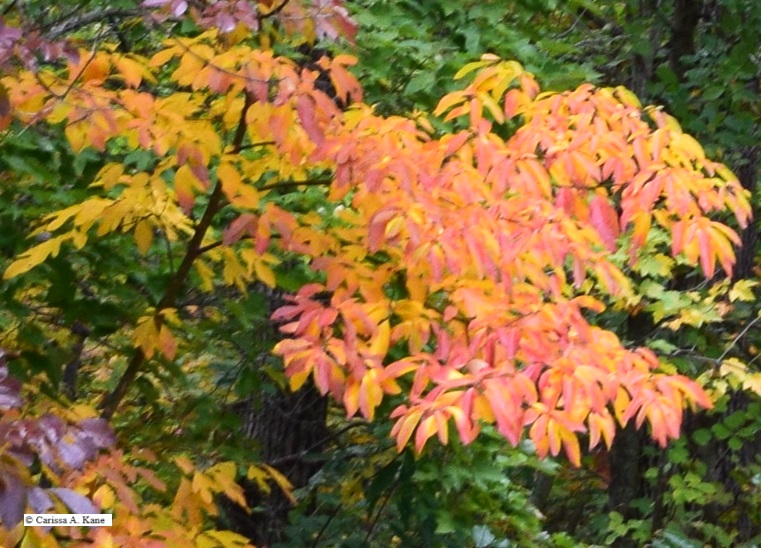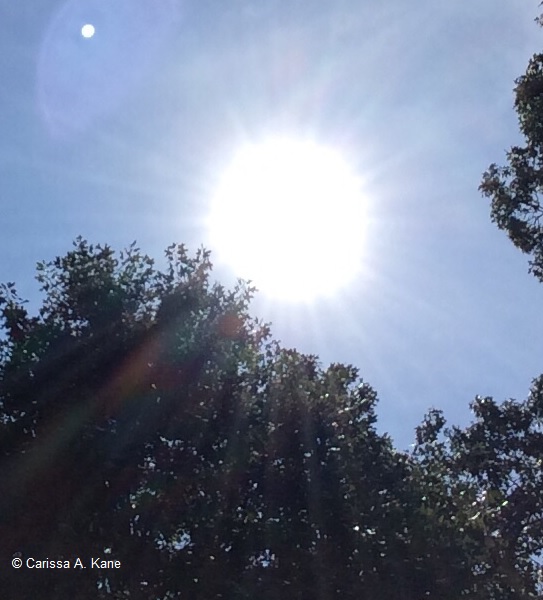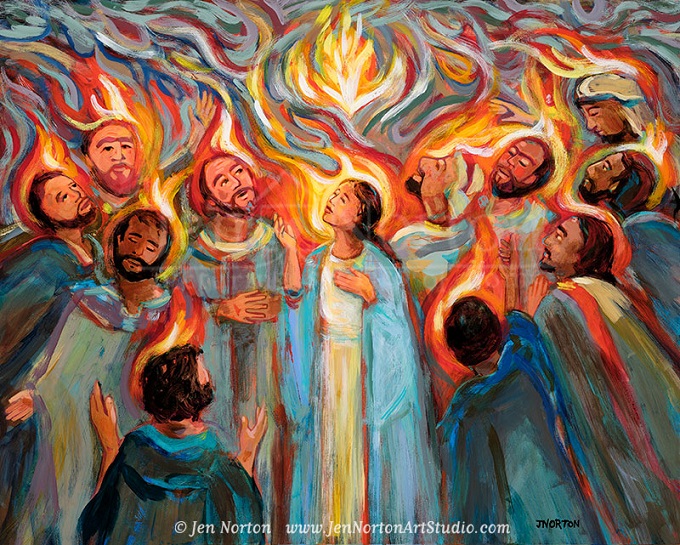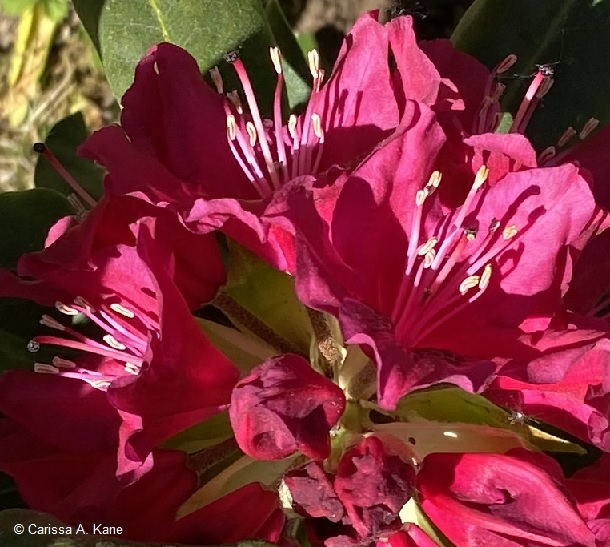First, listen, and then, look around. Allowing one’s senses to take in and sincerely contemplate the happenings of a day can be challenging, never mind those of the times. Yet, it is these happenings that impact not just our own personal space, but also extend beyond what we might imagine. They are like sound waves rippling outward and amplified, stirring the air all around us.
The readings for the 3rd Sunday in Ordinary Time begin with a passage from the Book of Jonah (Jon 3:1-5, 10) where the initially resistant prophet Jonah warns the people of Nineveh of their impending doom. However, just like Jonah who was previously swallowed up and in darkness (in the gut of a whale), the people of Nineveh see it fit to change their course, let go of their way, and open their hearts and minds more fully to God.
In Psalm 25, the psalmist expresses a desire to understand and to live by the ways of the Lord. The psalmist prays for God, who is faithful, compassionate, merciful, good, and upright, to teach them how to embody and live by the same ways. For this to happen though, like Jonah and the people of Nineveh, the psalmist realizes they must let go of the old (acknowledge and turn over their trespasses to God) to be more fully open to God. And thus, to live more fully as one created in the image of God, abiding by, and living in God’s ways.
In chapter 7 of St. Paul’s first letter to the Corinthians, the people of Corinth are urged to pay attention as time is of the essence. The passage (verses 29-31) begins with, “I tell you, brothers and sisters, the time is running out.” and ends with, “For the world in its present form is passing away.“. In between, St. Paul writes:
“From now on, let those having wives act as not having them,
those weeping as not weeping,
those rejoicing as not rejoicing,
those buying as not owning,
those using the world as not using it fully.”
Perhaps what St. Paul is warning the Corinthians, and us, about, is being consumed by anything or anyone. He is calling us to be careful about what holds our attention, not to become self-consumed or fixated on anyone or anything earthly, as all of it is bound by time, is imperfect, and therefore passes away. Focus instead on that which is timeless—God and God’s ways.
This leads to the Gospel passage, Jesus’ announcement of the Kingdom of God as being at hand, and the call of the disciples Simon, Andrew, James, and John (Mark 1: 14-20). The disciples are busy, at work, mending their nets. This is useful work, but God had other work in mind for them at that time. Jesus reaffirms them in that yes, they are fishermen. However, he redirects them to being “fishers of men,” but again as we saw in the other readings for the 3rd Sunday in Ordinary Time, only if they will it as well. With Jesus, as with God, no one is ever forced to choose God and God’s ways. And although the time is now, the essence of God is that Time is not rushed or pressured (there is no act swiftly or lose out), and perhaps most importantly, Time is faithful, compassionate, merciful, good and upright, patient, and always open to change.

Make known to me your ways, Lord;
teach me your paths.
Guide me by your fidelity and teach me,
for you are God my savior,
for you I wait all the day long.
Remember your compassion and your mercy, O Lord,
for they are ages old.
Remember no more the sins of my youth;
remember me according to your mercy,
because of your goodness, Lord.
Good and upright is the Lord,
therefore he shows sinners the way,
He guides the humble in righteousness,
and teaches the humble his way. – Psalm 25:4-9












